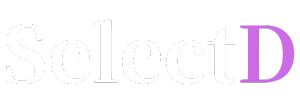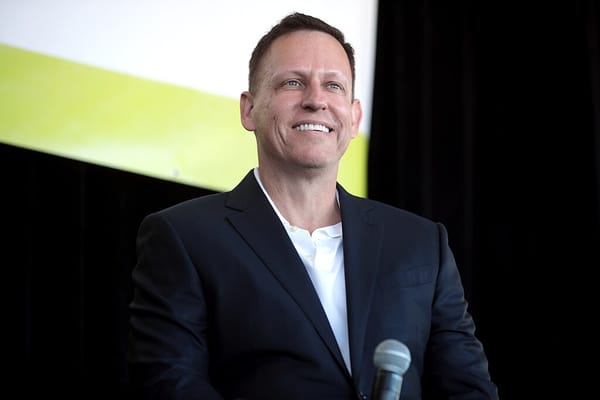The Blueprint of Peter Thiel: Overcoming Failure and Building Monopolies with Philosophy




While Silicon Valley has many success stories, few figures are as difficult to define within a single frame as Peter Thiel. Co-founder of PayPal and godfather of the "PayPal Mafia," Facebook's first outside investor, author of "Zero to One", and a controversial political activist. Behind his glittering resume lies a history of formative failures and a unique philosophy that cuts through the noise of the world. Today, I'm taking a deep dive into the complex puzzle that is Peter Thiel.
To summarize Peter Thiel's success as merely 'lucky investments' or 'a brilliant entrepreneur' is to miss his very essence. His journey is more like a meticulous blueprint, perfected through deep reflection on failure, a philosophy that renders competition meaningless, and a powerful alliance with a trusted few.
Peter Thiel's career began not with success, but with dissatisfaction and frustration. After graduating from the prestigious Stanford Law School and clerking for a federal judge, he found no satisfaction in the life of a lawyer. His seven months in the legal profession served as a crucial turning point, making him realize with absolute clarity 'what he did not want to do,' leading him to leave the legal world for Silicon Valley without a second thought.
His journey as a co-founder of PayPal with Max Levchin and others was a 'crisis' in itself. The cutthroat battle with their fierce competitor, Elon Musk's X.com, threatened the company's existence. Losses from rampant fraud, at times reaching millions of dollars a day, pushed PayPal to the brink of bankruptcy. To make matters worse, they had to attempt an IPO in the worst possible market, as the dot-com bubble burst in the early 2000s. This string of setbacks taught him two critical lessons. First, a perfectly competitive market is a 'bloody battle' where everyone loses. Second, the team that overcomes existential crises together is an irreplaceable asset.
Even after the $1.5 billion sale of PayPal to eBay, he went through a period of "wandering," feeling somewhat "scattered." However, this was a time of regrouping for the future. This pattern of struggle was repeated with Palantir, the data analytics company he later co-founded. Palantir also struggled for years to secure government clients and prove its value. These painful experiences were the crucible that forged the legendary "PayPal Mafia" and the whetstone that sharpened his unique philosophy.
Having witnessed the destructive nature of competition firsthand, Thiel constructed his unique worldview, refined under the influence of several thinkers. This philosophy is crystallized in his book, "Zero to One."
For Peter Thiel, success was never a solo endeavor. After selling PayPal, Thiel and his colleagues dispersed throughout Silicon Valley to create new '0 to 1' companies: Reid Hoffman founded LinkedIn, Chad Hurley and Steve Chen started YouTube, Jeremy Stoppelman created Yelp, and his former rival Elon Musk went on to lead SpaceX and Tesla. This powerful network, known as the "PayPal Mafia," and their deep mutual trust became Thiel's greatest asset.
He co-founded 'Founders Fund' with some of these members, and they amplified their success by investing in each other's early-stage companies. The portfolio of Founders Fund—which includes Facebook, Airbnb, Spotify, and SpaceX—proves how this network of trust operates. Furthermore, Palantir was also founded with trusted figures like Alex Karp and other PayPal alumni. It is the perfect illustration of how relationships forged in crisis can transcend simple networking to create immense value.
In conclusion, Peter Thiel learned the futility of competition through failure, found his unique path of 'monopoly' through philosophical reasoning, and made his vision a reality based on an absolute trust in people. His story is not just the tale of a successful entrepreneur; it provides profound insight into how we can create our own 'rules of the game' and move the world.